Farmers harvest custard apples
Transforming farming thinking
Currently, in the province, there are many effective organic agricultural production models such as the Cooperative Group (THT) producing safe vegetables, tubers and fruits in Hoa Hoi commune, with a cultivation area of over 25 hectares. The THT specializes in producing clean seasonal vegetables such as cucumbers, tomatoes, squash, zucchini, bitter melon, etc.
THT members proactively apply safe production processes, both increasing product value and easily monitoring the growth of each type of vegetable and root.
Mr. Pham Van Ut, one of the active members of the cooperative, is cultivating 3,000 square meters of cucumbers in a safe way.
Mr. Ut shared that this year, although the erratic weather made growing cucumbers difficult, it only took about 35 days from sowing to harvest. Cucumbers have a stable output, mainly sold to local traders and markets in the area. After the cucumber crop, he plans to continue growing vegetables to maintain a continuous production chain.
Mr. Pham Van Ut grows cucumbers organically.
The members of the cooperative have also boldly invested in a modern irrigation system, providing enough clean water and watering the entire vegetable garden. The sprinkler irrigation system not only creates the right humidity, helping vegetables grow well, but also shortens the time and saves a significant amount of irrigation water.
When participating in the cooperative, members are trained in the process of safe vegetable production from cleaning the soil, treating pathogens in the soil to selecting seeds, caring for them, and especially the integrated pest management program on vegetables; and are instructed on how to use appropriate biological pesticides.
This not only protects farmers' health but also creates trust with consumers, helping safe vegetable products gain a firm foothold in the market and be purchased at stable prices.
In addition, organic production is also applied to rice. In the recent Summer-Autumn and Winter-Spring crops of 2024-2025, Mr. Nguyen Van Thanh (residing in Phuoc Chi commune) grew 2 crops of ST25 rice using organic methods.
Mr. Thanh shared: “With the encouragement of the Agricultural Extension Center, I switched from traditional rice growing methods to organic, and was supported with 50% of the cost of seeds, fertilizers and pesticides. Although organic rice growing requires a lot of weeding because we do not spray herbicides or pesticides, in return, the product is guaranteed to be safe.”
Mr. Thanh also noticed that when participating in this demonstration model, the number of times of fertilization was significantly reduced compared to traditional production, and the rice plants grew and developed better.
Mr. Nguyen Van Thanh grows ST25 rice using organic methods.
Focus on traceability
Ms. Mai Thi Kim Phuong (residing in Tan An ward) grows 4,000 square meters of green-skinned grapefruit organically, bringing a stable source of income for her family.
Previously, Ms. Phuong grew rice but the profit was not high so she decided to change crops. After consulting many models, she boldly chose green-skinned grapefruit to develop the economy .
Ms. Phuong's grapefruit garden is 9 years old. She regularly fertilizes with organic fertilizers, sprays biological pesticides to control insects, and prunes the trees to create a canopy.
Ms. Phuong said: "Using organic fertilizers and biological pesticides is the right direction in current agricultural production."
Ms. Mai Thi Kim Phuong's green-skinned grapefruit garden is in harvest season.
To bring organic green-skin pomelo products to more consumers, Ms. Phuong recently registered for product traceability stamps and put the products on e-commerce platforms. In addition, she applied for VietGAP certification for green-skin pomelo products and waited for approval.
Ms. Phuong said: “Organic agricultural production is a sustainable direction, helping to enhance the brand of Vietnamese agricultural products. When developing the grapefruit growing model, I use organic fertilizers and biological pesticides to help grapefruit trees grow well, increase their lifespan, prevent the soil from becoming barren, and not affect the environment and the health of users. The products do not contain pesticide residues, so consumers love and trust them.”
Boosting consumption on digital platforms
In addition to focusing on product traceability, many individuals and businesses also sell on digital platforms. Minh Trung Agricultural Service Cooperative (Tan Phu Commune) has more than 100 hectares of custard apples according to VietGAP standards.
In addition, the cooperative also cooperates in production and consumes products of 130 households growing custard apples in the locality and neighboring areas.
Mr. Le Minh Trung - Chairman of the Board of Directors of Minh Trung Agricultural Service Cooperative, said: "The cooperative connects soursop growing areas, providing products to a wide market from Hanoi to Ca Mau, with a system of level 1 and level 2 agents, a chain of clean fruit stores in each province and city. In particular, Minh Trung Cooperative is pioneering the application of livestream sales to promote products to consumers."
Mr. Le Minh Trung - Chairman of the Board of Directors of Minh Trung Agricultural Service Cooperative (left), livestreaming selling custard apples
“Each livestream reaches a large number of customers. I hope to develop this sales channel in the future because it is a very potential product consumption channel,” Mr. Trung added.
Combining the “triad” of organic production, traceability and promoting consumption on digital platforms will create opportunities for Vietnamese agricultural products to “take off”. This is not only a way to increase economic value and sustainable income for farmers, but also contributes to protecting consumers’ health, thereby affirming the position of Vietnamese agricultural products in the market./.
| According to the Department of Agriculture and Environment, in the last 6 months of 2025, the Department will continue to effectively implement plans, focusing on implementing the Project "Sustainable development of 1 million hectares of high-quality and low-emission rice cultivation associated with green growth in the Mekong Delta by 2030"; promote propaganda, guidance, and transfer of science and technology, especially technical advances and good production practices; continue to convert the structure of crops and livestock reasonably and effectively. The agricultural sector will strengthen the implementation of measures to prevent and control diseases on crops and livestock; promote the management and supervision of growing area codes and packaging warehouse codes to help improve product quality and increase the value of goods. |
Hoang Yen
Source: https://baolongan.vn/nong-nghiep-huu-co-nang-tam-nong-san-a199755.html


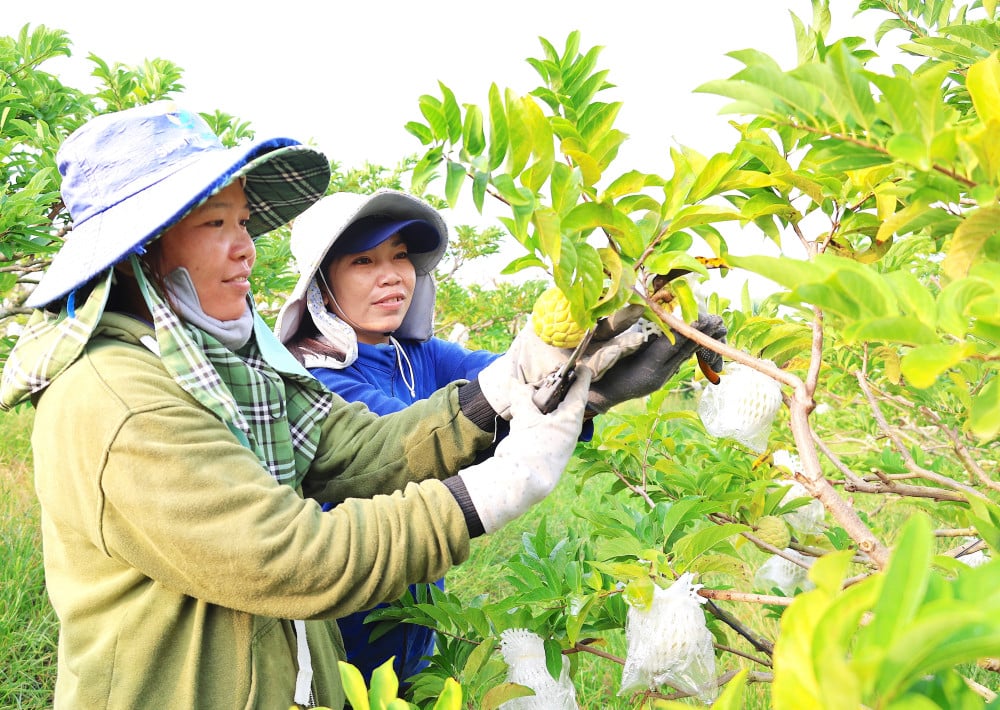
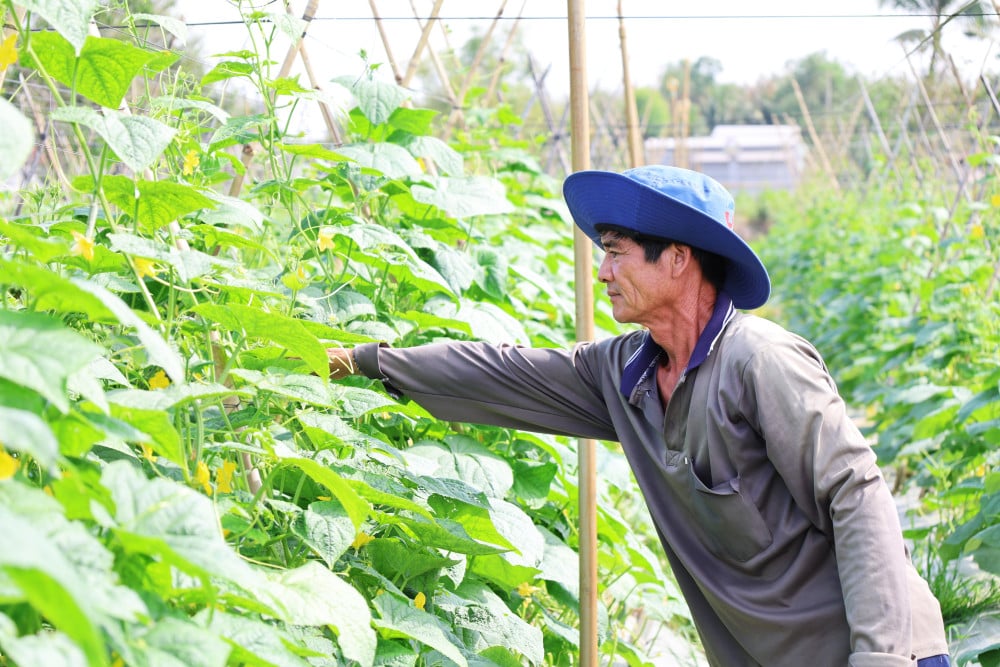
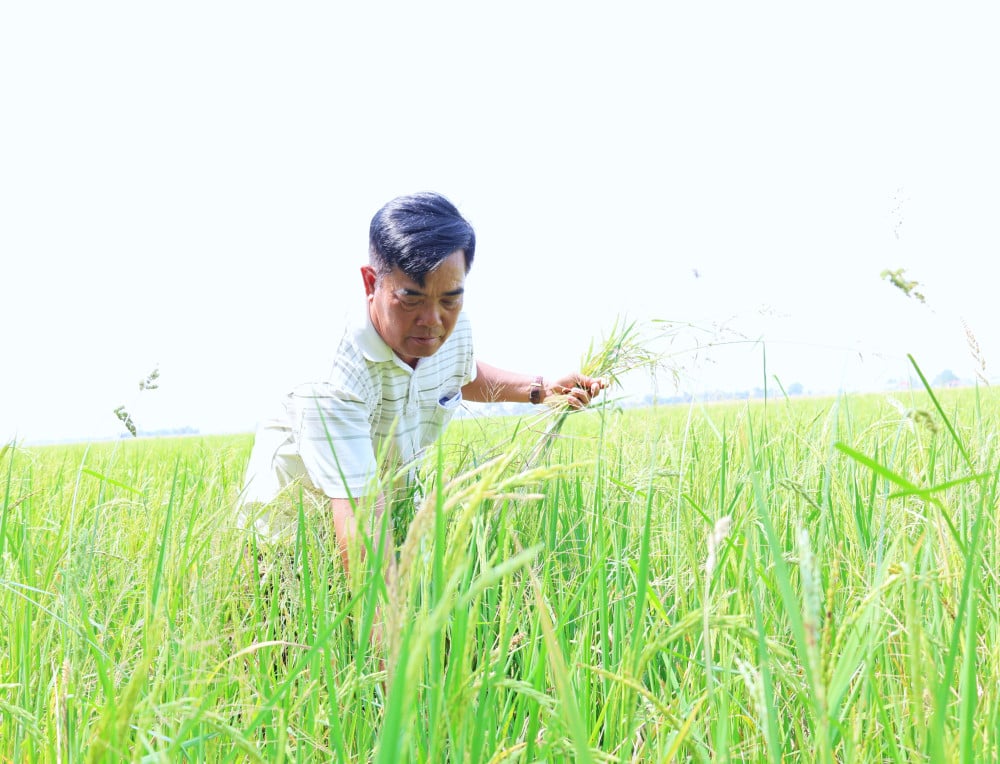
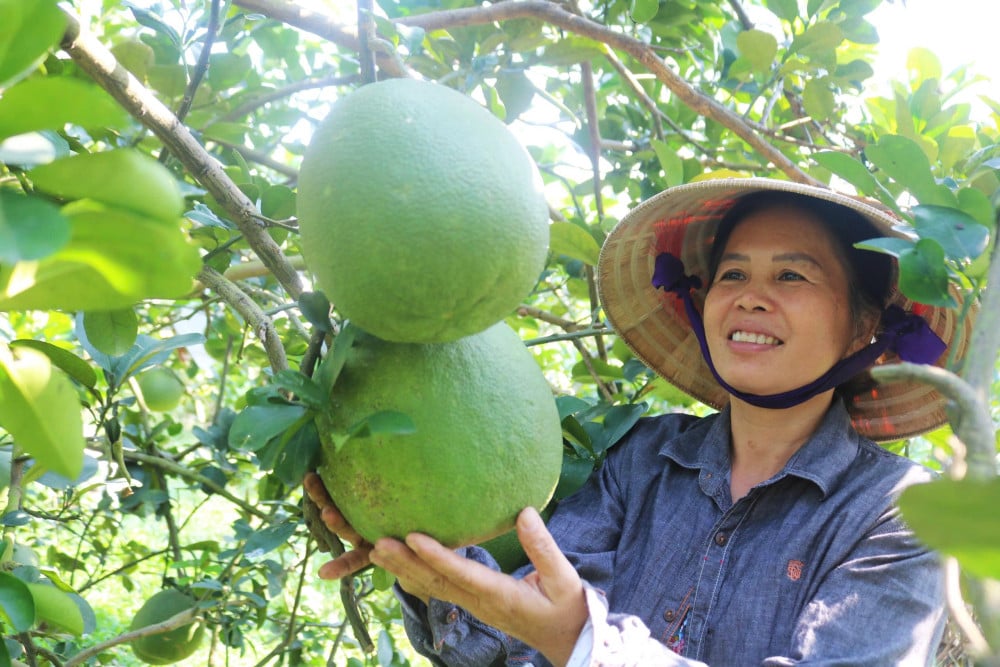
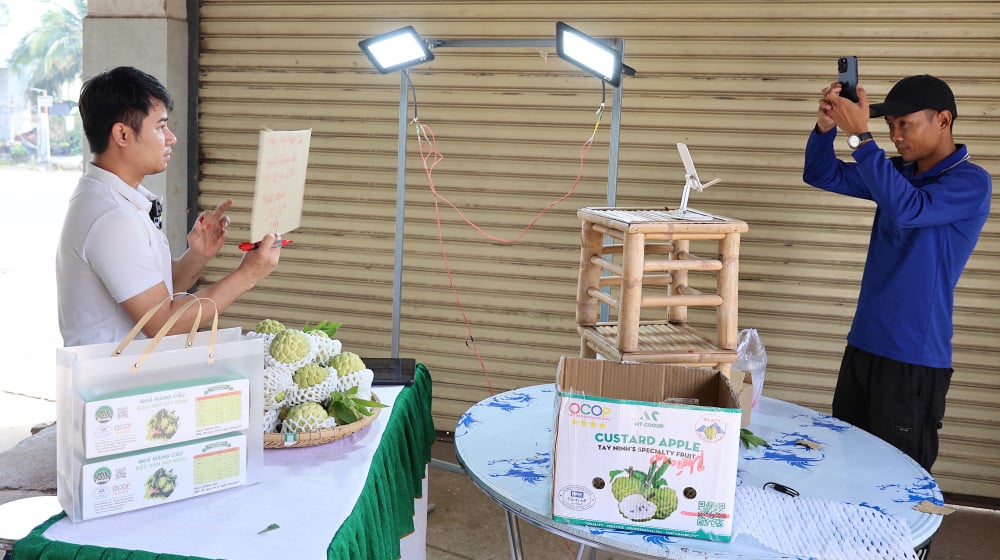

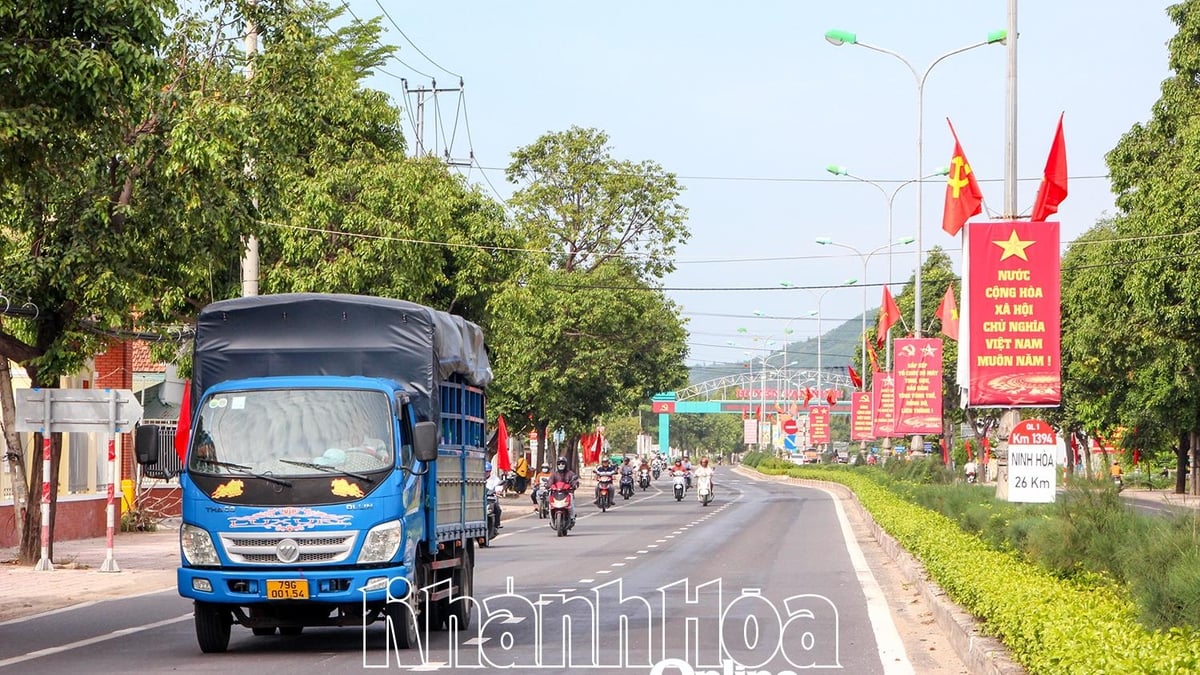



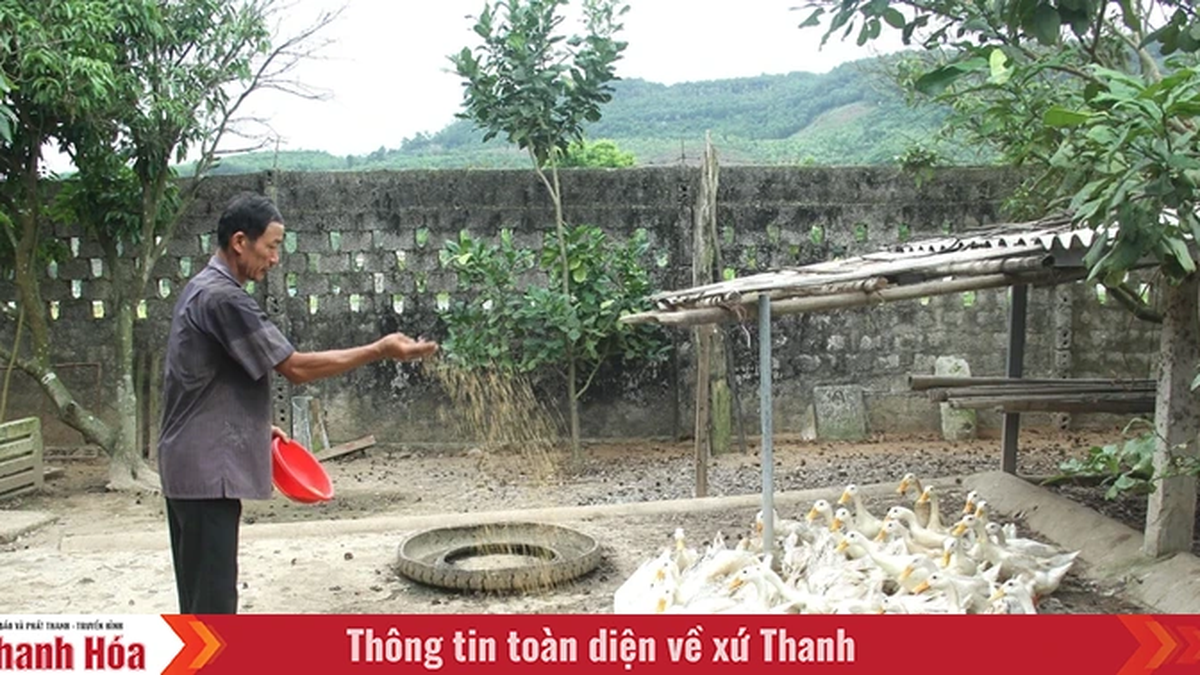

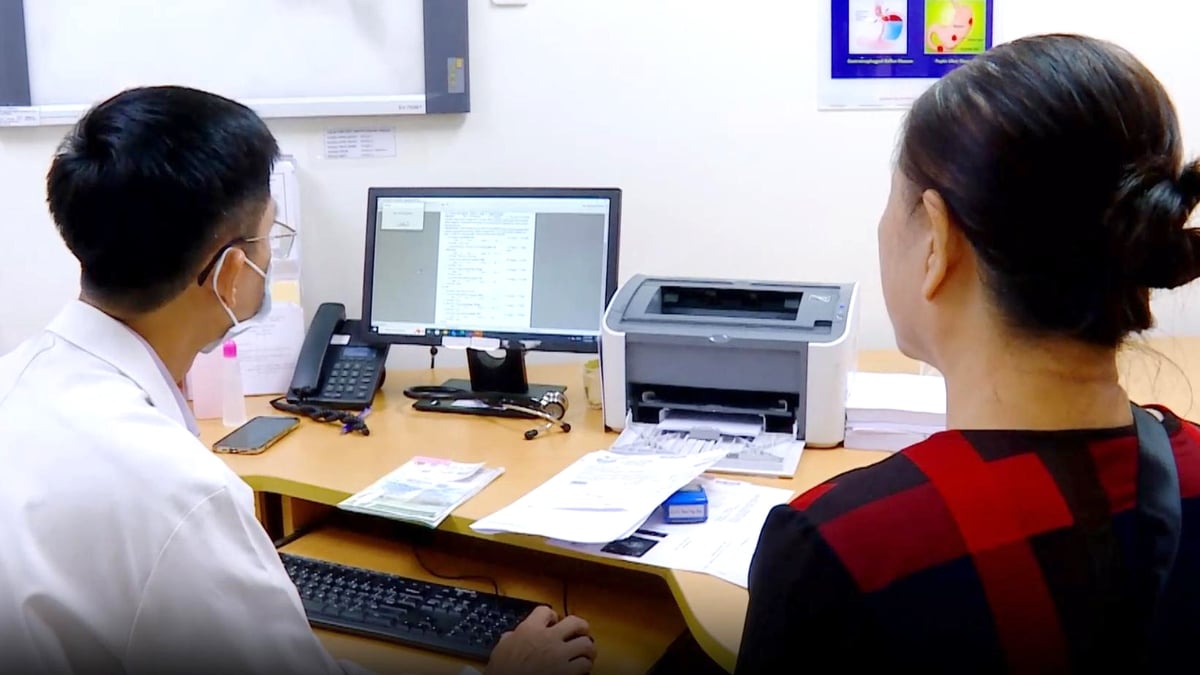














































![[Maritime News] Container shipping faces overcapacity that will last until 2028](https://vphoto.vietnam.vn/thumb/402x226/vietnam/resource/IMAGE/2025/7/30/6d35cbc6b0f643fd97f8aa2e9bc87aea)










































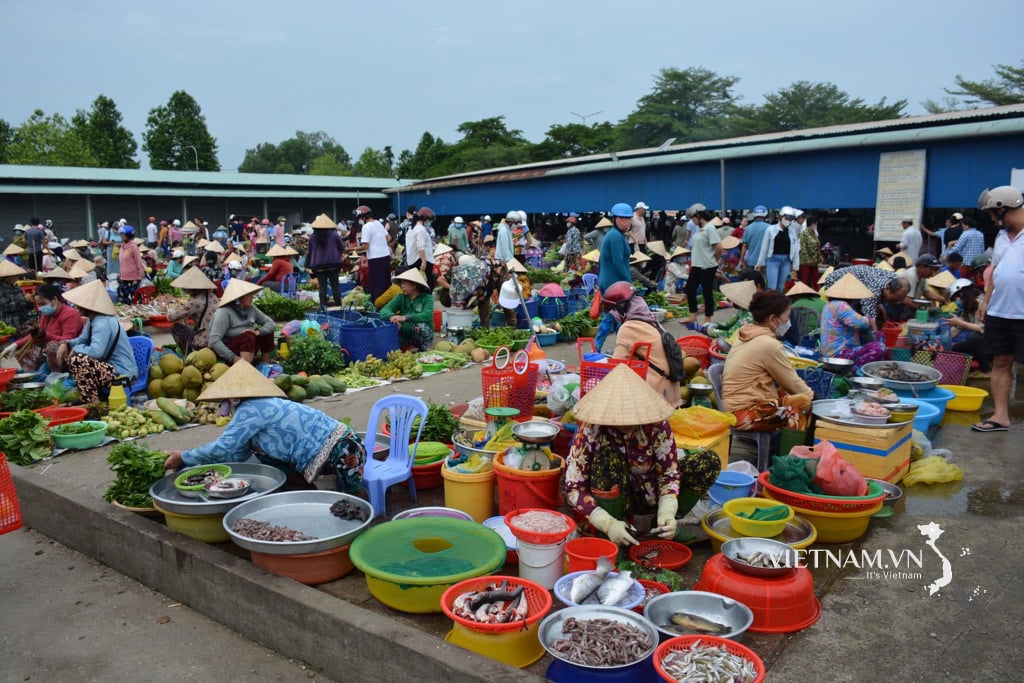


Comment (0)